
Determining how much a website will cost is a common question for businesses and individuals looking to establish or enhance their online presence. While prices can vary widely, understanding the key factors influencing website costs can help you budget more effectively and make informed decisions. Let’s explore the main elements that impact the price of a website and provide some estimated price ranges for different types of sites.
1. Type of Website
The core purpose and complexity of your website greatly influence the overall cost. Here are some typical categories and their estimated price ranges:
- Basic Informational Site: $150 – $500+
Ideal for simple, static websites that provide essential business or personal information. These are often built with basic templates and minimal features. - Blog or Small Business Site: $500 – $3,000+
Designed for content sharing or small enterprises, these sites often include multiple pages, basic customization, and some dynamic features. - Business Website (Medium to Large): $3,000 – $40,000+
For larger organizations, these sites may include custom design, extensive content, and integrations with other systems, requiring more time and resources. - E-commerce Platform: $3,000 – $40,000+
Selling products online demands features like shopping carts, payment gateways, and product management, which can significantly increase costs.
2. Design Approach
The design process can dramatically influence your budget:
- Template-Based Design: Less expensive, often under $1,000 for a theme.
Using pre-designed themes allows for quicker deployment at a lower cost, suitable for startups or small projects. - Custom Design: Ranges from $5,000 to $30,000+ depending on complexity.
Customized designs tailored specifically to your brand or unique needs require professional designers and developers, resulting in higher costs but a more unique website.
3. Features and Functionality
Adding specific features can increase your website’s price:
- Basic features like contact forms or image galleries are typically included in standard packages.
- Advanced functionality such as booking systems, member portals, or custom integrations will incur additional charges.
Complex websites with multiple features require more development time, impacting your overall budget.
4. Content Creation & Marketing
- Professional content writing, high-quality images, and videos can add to your costs but significantly enhance your site’s appeal.
- SEO optimization and ongoing marketing services are optional but advisable for competitive markets.
5. Development and Maintenance
- Building your website involves initial development costs, which can range from a few hundred dollars for DIY solutions to tens of thousands for custom projects.
- Don’t forget ongoing expenses like hosting, domain registration, security, and updates. These are essential for keeping your site secure and running smoothly.
Conclusion
Understanding what influences website costs helps set proper expectations and plan your budget accordingly. Whether you opt for a simple template or a fully customized platform, the most important thing is ensuring your website effectively meets your goals and provides value to your visitors.



